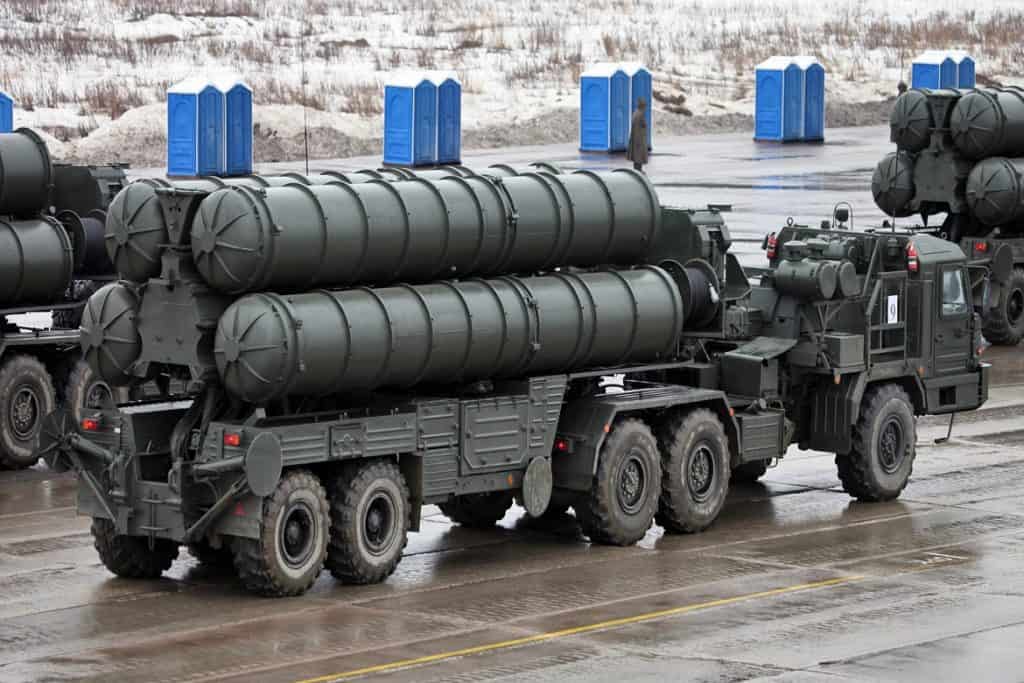By Denis Korkodinov
The Turkey’s decision to acquire the Russian C-400 systems raises a general concern about its possible impact in the regional security, and in particular in the Turkish defense sector.
Despite these costs, the Turkish leader is still actively implementing a program to obtain this type of weapon. This decision is due, above all, to the military priorities of Recep Erdogan and the desire to create a powerful defense system of Turkey against probable external threats.
Currently, Recep Erdogan provides control over all instruments of foreign policy and national defense. The country has developed a strict vertical of presidential power, which is reflected in the entire structure of government. Functional employees of the Foreign Ministry of Turkey practically unconditionally fulfill all the instructions of Recep Erdogan, who plays the role not only of the supreme commander in the country, but also the chief arbiter, without whose will no decision is made in the country.
This is a relatively new management model for Turkey, which has become a country with a complex bureaucratic apparatus, subordinate exclusively to one leader.
To strengthen this model, it was necessary to create a certain ideologue based primarily on military principles. This ideology was first used in the implementation of the anti-terrorist campaign of Turkey in Syria. However, participation in the Syrian theater of operations set a series of problems for Ankara, one of which was the need to improve its own air defense system. Since the Turks seriously believe that the Kurds can retaliate against Ankara, this problem is of particular relevance.
At the same time, Turkey could not accept the proposal of the American partners to purchase the Patriot systems due to the fact that the United States continues to provide military assistance to the Kurds. In this regard, the reorientation of the Turks to Russia turned out to be a completely decided matter.
The transformation of Turkey’s defense policy is presented in three dimensions. First of all, it is the fight against the threat of international terrorism in Syria and Iraq. The reorientation from the policy of passive observation to the policy of active direct military participation was possible only thanks to the creation of an effective system of central control of the Turkish army and special services.
In addition, it is the creation of its own military bases outside Turkey and, the ancestor of everything, in Qatar, Somalia and Sudan. And finally, the improvement of the Turkish defense industry. The latter became necessary to reduce Ankara’s dependence on external sources of weapons. As a result, Turkey was able to export a wide range of its own weapons, including frigates, military aircraft and artillery installations.
The initiative of Recep Erdogan to acquire Russian C-400 systems, contrary to pressure from Washington, is dictated by a sharp reversal towards defense. Thus, the Turkish leader intends to demonstrate in the international arena his ability to take care of the security of the state he heads. However, at the moment there are no obstacles for Recep Erdogan to refuse other types of weapons that the United States and its partners can offer.
Most likely, he will bargain with Washington in the hope of concluding additional military contracts. This is necessary not only for the defense of Turkey, and is a matter of international prestige.
Strengthening the Turkish defense is likely to continue. To this end, Recep Erdogan is likely to conduct a series of internal reforms to modernize his own army and reconnoiter and strengthen military discipline. But also, in order to test in practice the defense system, Ankara could launch a new military campaign in Syria and Iraq.
(The opinions expressed in this article are solely those of the author and do not necessarily reflect the views of World Geostrategic Insights).
Image Credit: Vitaly V. Kuzmin







